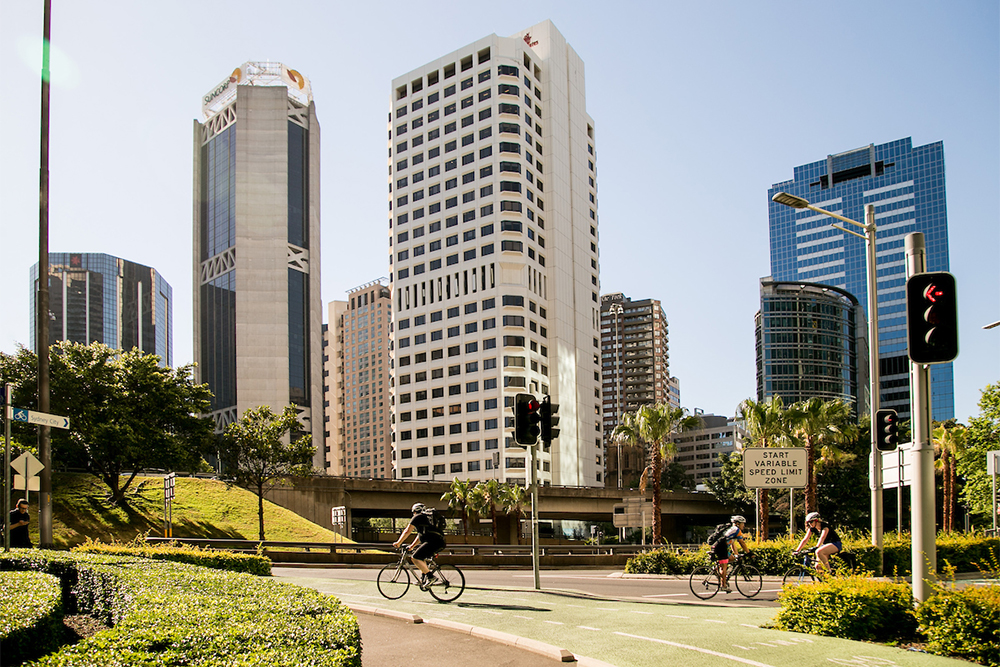The impact of new climate change legislation on our clients
Energy consultant Bill Wilson talks climate change, new legislation, and the potential impact on our clients.
After weeks of Brexit dominating the news, the Easter holiday season saw climate change making the headlines. The Extinction Rebellion protests took over London the same week as the BBC aired ‘Climate Change – The Facts’ presented by Sir David Attenborough, while last week the House of Commons also declared a ‘climate emergency’, and the school strikes movement sparked by Greta Thunberg continues its global spread.
Is this a transformative moment for the UK’s response on climate change?
As an energy consultant focusing on low-carbon solutions, I believe we can – and should – be acting faster to avoid the worst impacts of climate change. For anyone that has seen the Attenborough documentary – are you as terrified as me about the pockets of methane escaping from the melting Arctic ice?!
Extinction Rebellion makes three core demands, one of which is for the UK to be net-zero by 2025. This is a very big ask, and one that would require large-scale and rapid structural and behavioural change (as, it is argued, we might treat any other ‘emergency’ such as a war or financial crisis).

For comparison, the current UK carbon target is for an 80% reduction in carbon emissions by 2050 relative to 1990. The CCC Net Zero report was released at the beginning of May, which recommends that a net-zero GHG emissions target by 2050 is legislated “as soon as possible”.
This states that “the Committee do not currently consider it credible to aim to reach net-zero emissions earlier than 2050”, but that if this is achieved globally then it would “deliver a greater than 50% chance of limiting the temperature increase to 1.5°C”.
Many will argue this is still not enough. The IPCC suggested last year that a 2040 net-zero target will increase the probability of limiting the increase to 1.5°C. However whatever strategy is adopted, all the signs point to an impending shift in the UK’s approach to tackling climate change.
What would new climate change legislation mean for our clients?
- Clear longer-term policy to provide certainty to the market, ideally with cross-party backing. This will need to be more stringent policy to deliver faster action – likely combined with new financial incentives to ensure implementation is viable
- The need to put in place plans to achieve net-zero emissions by 2050 – for many of our clients this is likely to focus around resource and energy efficiency, decarbonising heat (e.g. through electrification/hydrogen), introducing renewables and supporting the movement towards zero-emission vehicles. In addition, a focus on encouraging societal changes through design to reduce user’s footprints
- Higher expectations from building and campus users in carbon performance through raised awareness
- Mandatory emissions reductions targets for those in the public sector (the Clean Growth Strategy already threatens mandatory targets being introduced in the 2020s)
- For our clients abroad, the UK may set a precedent for other countries to follow.
Our research for C40 Cities shows that these sorts of changes can deliver significant air quality, health and economic benefits.
Buro Happold’s sustainability and energy teams are helping our clients support this transition at a variety of scales – looking at individual buildings (e.g. David Attenborough Building), campuses, cities (e.g. C40 Cities) and nationwide (e.g. ETI Future Network Transition Analysis).



